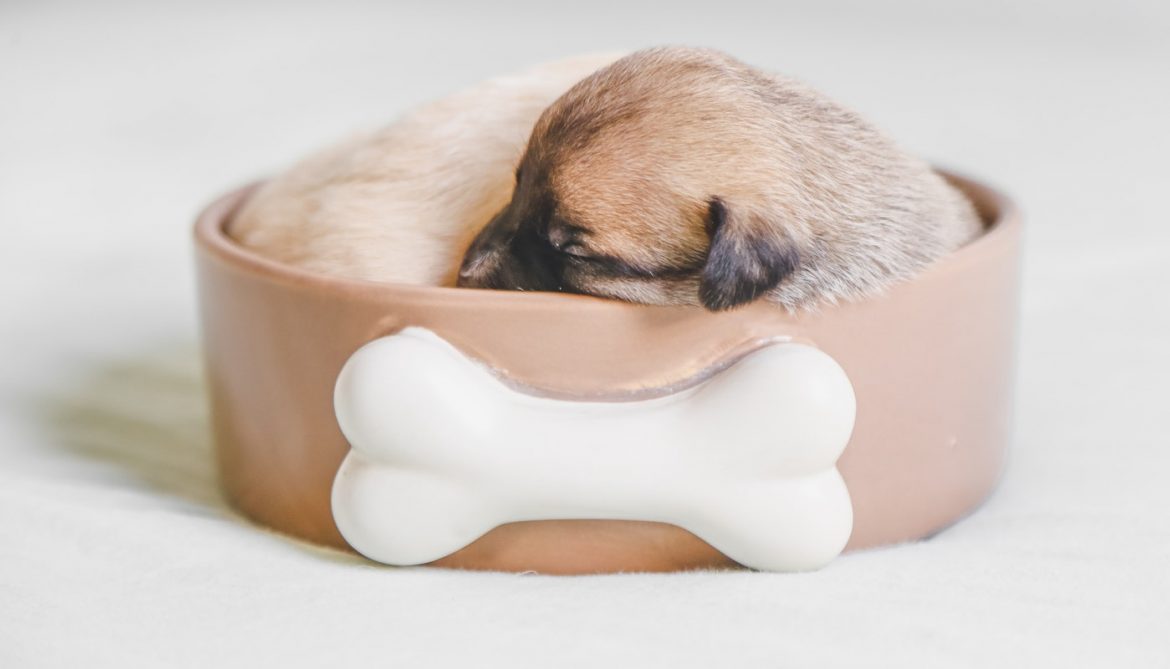Getting a puppy home can be overwhelming. Dog parents get inundated with advice on what to feed their puppy, and end up getting confused as to what to really feed!
Before deciding what to feed your puppy, it is important to understand what essential nutrients puppies need in their diet each day.
Key Nutrients for puppies
Macronutrients Protein & Fats are an absolute essential part of a puppy’s diet. While fat is a source of essential fatty acids, protein is made of building blocks called amino acids which help in repairing & maintaining cells & tissues, and making enzymes & hormones.
Puppies also need essential Micronutrients (Vitamins & Minerals) – such as Vitamin A, B, C, D, E, K, Calcium, Phosphorus, Magnesium, Iron, Potassium, Sodium, Zinc, Copper, Manganese, Selenium, Iodine and so on.
Common dietary sources of Key Nutrients
Raw meaty bones (such as Poultry feet, wings, necks) are a rich source of Calcium, Phosphorus, Magnesium, Potassium & Sodium
Livers contain a high amount of Vitamin A, Copper, B-complex (particularly B-12)
Fatty fishes are high in Omega-3 fats, Vitamin D and Selenium
Leafy greens & cruciferous vegetables are a good source of Vitamin C & K
Iodine can be found in small quantities in eggs & fishes. However, Kelp is a rich source of Iodine
Complex carbs like Oats, Quinoa are also nutrient rich and can be added to balance the macros
Since puppies undergo massive growth & structural changes in the first few months of their lives, their nutritional needs exceed that of adult dogs. They need more protein, fats, vitamins & minerals than an average adult dog. In order to feed your pup right, it is important to understand what mistakes to avoid while feeding home-cooked diet
Common mistakes that new dog parents make when they get home a puppy
They start off by feeding curd rice or other nutrient sparse foods
Curd rice will provide a puppy with enough energy to survive, but it is not a nutrient dense food by any means. A lactating female dog’s milk is rich in fats, protein and micronutrients like calcium, potassium, Vitamin D, B12, A etc. Hence, when a puppy is weaned off from her/his nourishing mother’s milk, it is important to feed her/him a diet just as nutritious.
The homecooked meals are not balanced
Puppies need to be fed a balanced diet every single day in order for them to grow & develop properly. Balanced diet means that your puppy’s diet contains all the essential nutrients and they meet the recommended allowances established by National Research Council (NRC) for dogs. Most people make the mistake of not auditing the daily meals to check if any of the essential nutrients are missing in their puppy’s diet.
Tend to over supplement
Feeding a multivitamin is not the right way to supplement a puppy! If you are feeding homecooked meat & vegetables to your pup, some nutrients are already present in his meals, and do not need to be supplemented. Over supplementing can lead to toxicity of certain vitamins & minerals in the body. It is important to recognise what nutrients are missing in the homecooked meals and supplement only those.
End up feeding the wrong fats
Most often than not, dog parents end up feeding oils which do not fall in ‘essential’ category, and which are already present in the food that they are feeding. This can lead to an imbalance of fats and an essential fatty acid (EFAs) deficiency.
,

